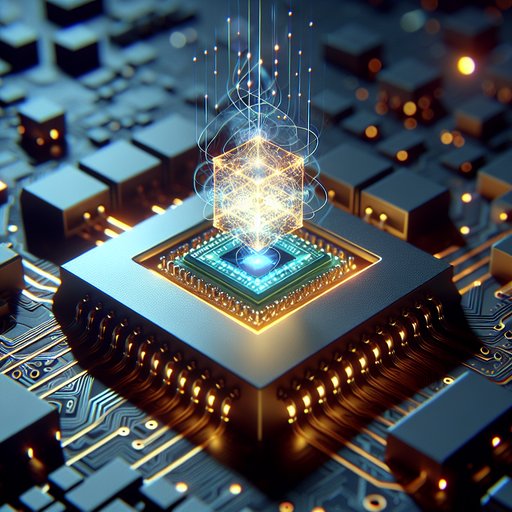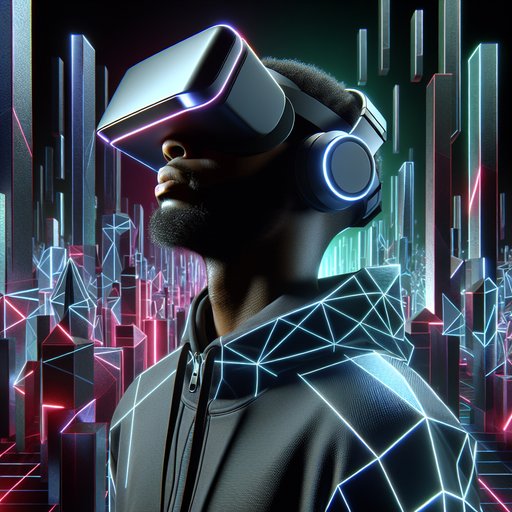
The semiconductor industry is witnessing a series of transformative developments as leading companies leverage new technologies to drive innovation, efficiency, and growth. On July 23, 2025, some of the world’s most prominent players—including Taiwan Semiconductor Manufacturing Co. (TSMC), Nikon, and Synopsys—announced advancements poised to shape the future of chip design and production. These breakthroughs span next-generation lithography tools, expanded production capacities, and AI-driven chip manufacturing, reflecting broader optimism about the sector’s potential amid soaring demand for artificial intelligence and advanced electronics.

A transformative leap in solar and battery storage technology is reshaping the future of clean energy. Recent advances have dramatically reduced battery prices, making it feasible to supply solar power around the clock. This significant development, unveiled on July 22, 2025, sets a new trajectory for how society can harness and rely on renewable energy—for homes, businesses, and grids—progressing much further and faster than many had anticipated.

A newly discovered zero-day vulnerability in Microsoft SharePoint has sparked a wave of cyber-attacks, affecting over 80 organizations worldwide. This critical flaw has allowed hackers to bypass existing security measures and access sensitive data, prompting urgent calls for system administrators to implement a patch immediately. As businesses scramble to protect their systems, the global cyber security community is on high alert.

In a surprising turn of events, Przemysław 'Psyho' Dębiak, a Polish programmer and former OpenAI engineer, defeated an advanced AI model in the World Coding Championship. This victory, achieved in a grueling 10-hour marathon, might mark the last time a human claims the top spot in this highly competitive arena. The win highlights the enduring capabilities of human ingenuity in an age increasingly dominated by artificial intelligence.

This week, Sweden made headlines with the launch of AstaZero's groundbreaking 6G-powered testing facility. This new lab is set to revolutionize the future of connected vehicles and drones, offering unprecedented opportunities for innovation in the automotive industry. As 6G technology continues to develop, this facility will play a crucial role in shaping the way we think about transportation and connectivity.

In a groundbreaking achievement, scientists have successfully demonstrated magic state distillation using logical qubits for the first time, marking a significant advancement in the field of quantum computing. This development, which has been a challenging goal for researchers over the past two decades, opens up new possibilities for fault-tolerant quantum computation and could accelerate the practical application of quantum technologies in various industries.

As the International Space Station (ISS) approaches its retirement, NASA has announced significant advancements in the development of the Starlab space station, a commercial successor poised to redefine human habitation in low Earth orbit. This milestone marks a pivotal step in the transition from government-led space missions to a future where commercial entities play a leading role in space exploration and habitation.

Bigscreen has announced the launch of a special ‘VRChat Edition’ of its Beyond 2e PC VR headset, set to release in September. This new iteration of the headset is designed specifically for VRChat enthusiasts, offering a unique blend of style and functionality. The announcement comes as the latest in a series of advancements in the virtual reality space, promising to enhance the immersive experience for users worldwide.

In a groundbreaking collaboration with Aalto University, Apple researchers have unveiled ILuvUI, a sophisticated vision-language model designed to enhance the way artificial intelligence interacts with app interfaces. This novel model represents a significant leap forward in AI's ability to understand and reason about the complex structures of user interfaces, potentially transforming how developers create and optimize apps for various platforms.

Qubitcore, a quantum startup emerging from the Okinawa Institute of Science and Technology, has made significant strides in the development of ion trap quantum computers. The company recently announced a successful pre-seed funding round aimed at pushing its homegrown quantum technology closer to practical implementation. This funding marks a crucial step in Qubitcore's mission to integrate quantum computing into various sectors, leveraging the precision and scalability of ion trap systems.
























